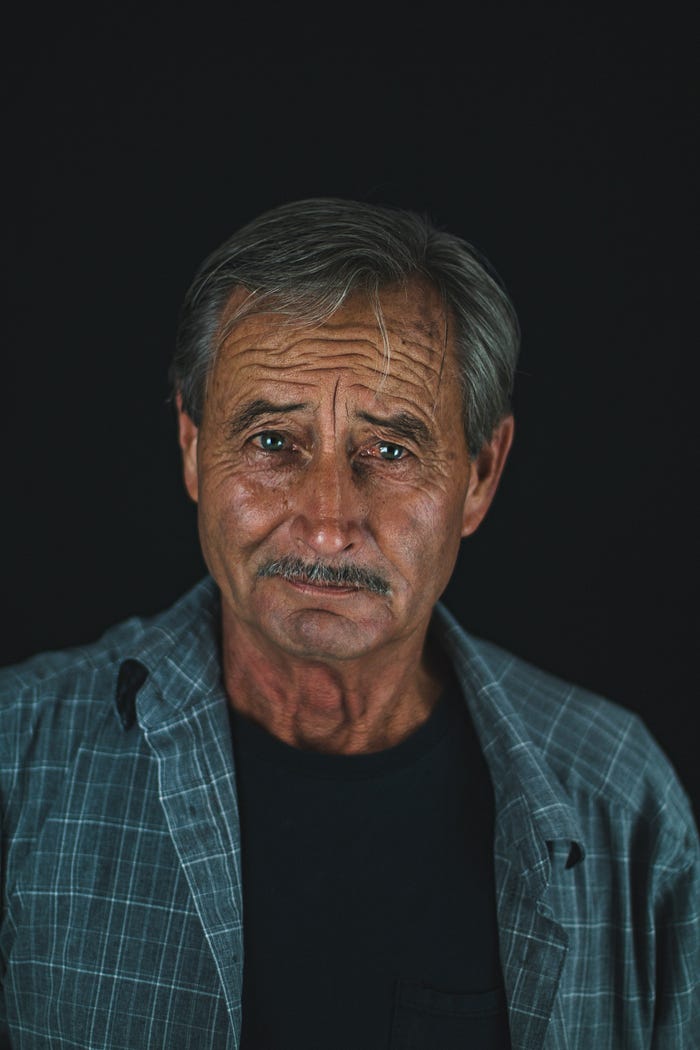He could be your neighbor (Short story)
Today, I came across this story about a gentleman in Beacon Hill, who is coming to the realization he is no longer a young man.

I live in a communal house in downtown Boston, on the city’s historic Beacon Hill. My personal space is small — an 8×14′ room that looks out on Chestnut Street, just a block from the State Capitol, its gold dome shining over Boston Common.
Living here, with 18 others, I have a sense of deja vu. After all, I lived in this same house from 1994–96, when I was in my thirties. After 25 years — and 20 years of living alone in a one-bedroom apartment, I moved back to this Quaker-connected community in the fall of 2021.
The house looked the same — almost identical to when I left in the mid-’90s, but the residents had all changed. (The Beacon Hill Friends House is designed for folks in transition; residents are limited to a four-year term.) Still, for the first few months, I had flashbacks to ’94 and half-expected some of my former housemates, who are now middle-aged, to walk around the corner or to be hanging out in the kitchen, as they had been almost 30 years before.
As I settled in and got to know the current residents — most of whom are less than half my age — the flashbacks grew sparse. But my sense of being in a time warp didn’t disappear, instead, it shifted, to a focus on my physical body and my sense that it (and I) cannot do some of the things now that I did then.
Back in the ’90s, I had a prodigious supply of energy; sometimes more than I wanted. I managed that by running, calming mind and body by loping along the Charles River, crossing the Mass Ave Bridge by MIT, and coming back along the Cambridge side of the river, a stirring three-mile run.
Today, that three-mile jog seems inconceivable. I’m still lean, limber, and reasonably fit, and yet my energy level cratered in my late fifties and never came back. Diagnosed with sleep apnea, and unwilling/unable to use a C-pap, I get by with an oral device designed by a dentist, which gives me a fair but not-very-good night’s sleep.
Poor sleep is not my only issue; now when I get sick, it seems to take weeks — and sometimes months — to recover. In early December I developed a cough; three months later, I still couldn’t take a deep breath without coughing. Finally, after multiple doctor visits, I got an inhaler and conquered the cough, at least for now.
Now, as winter turns to spring, I’m looking for gentler ways of moving my body. I go to moderate yoga classes and I’m about to unpack my bike. Instead of running along the Charles River Esplanade, I’ll pedal my bike, breathing in time with my body along the flat surface of the bike path.
I don’t have the energy or the drive I had at 35. But I also lack the anxiety, the depression, the angst that kept me buzzing and restless, that fed my need to run until I hit my forties. Now, whether I like it or not, I don’t have the mental, emotional, or physical energy to constantly worry about what might happen down the road.
I have my hands full living in the here and now, trying to make the most of my limited energy today.
- Judah Leblang is a writer, teacher, and storyteller in Boston. His memoir, Echoes of Jerry, is available at judahleblang.com and on Amazon